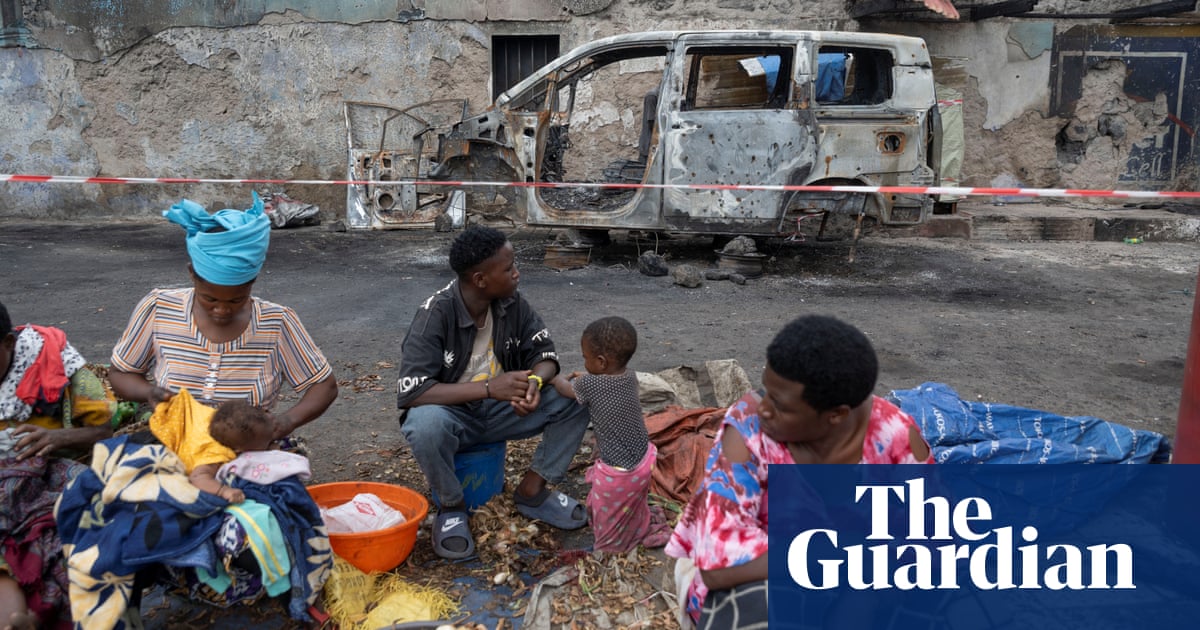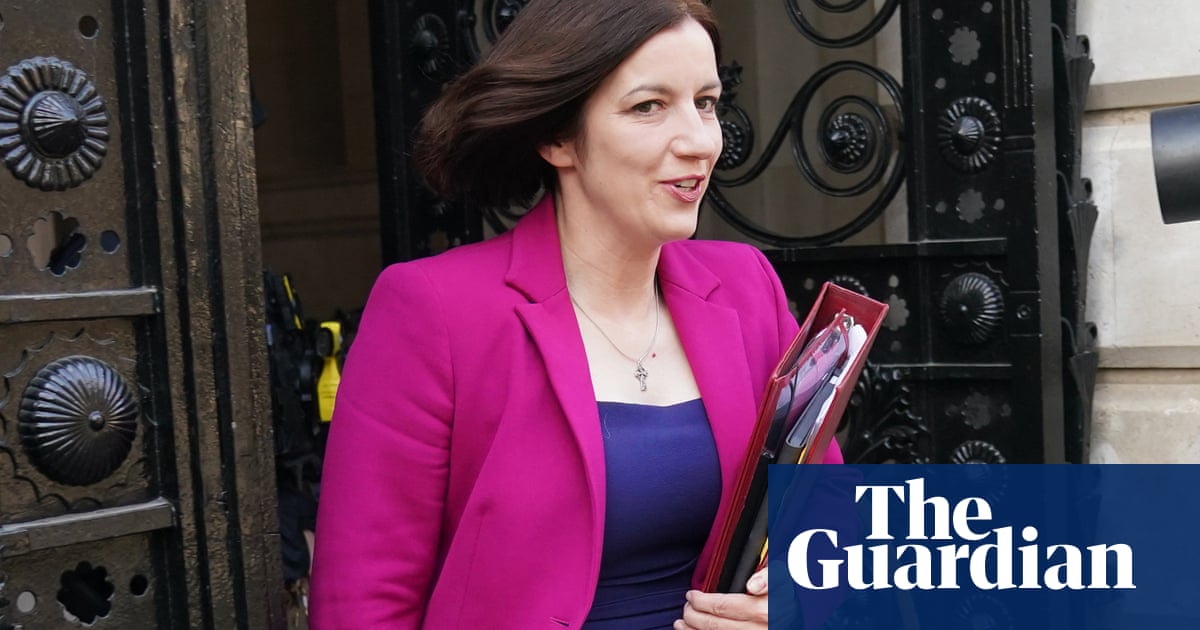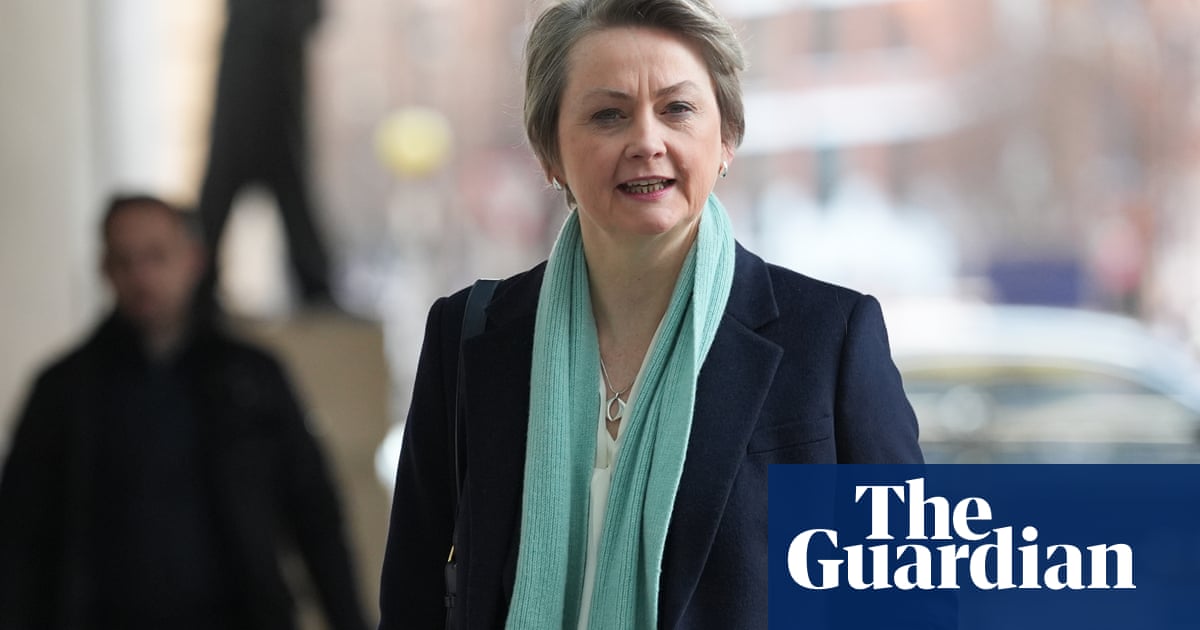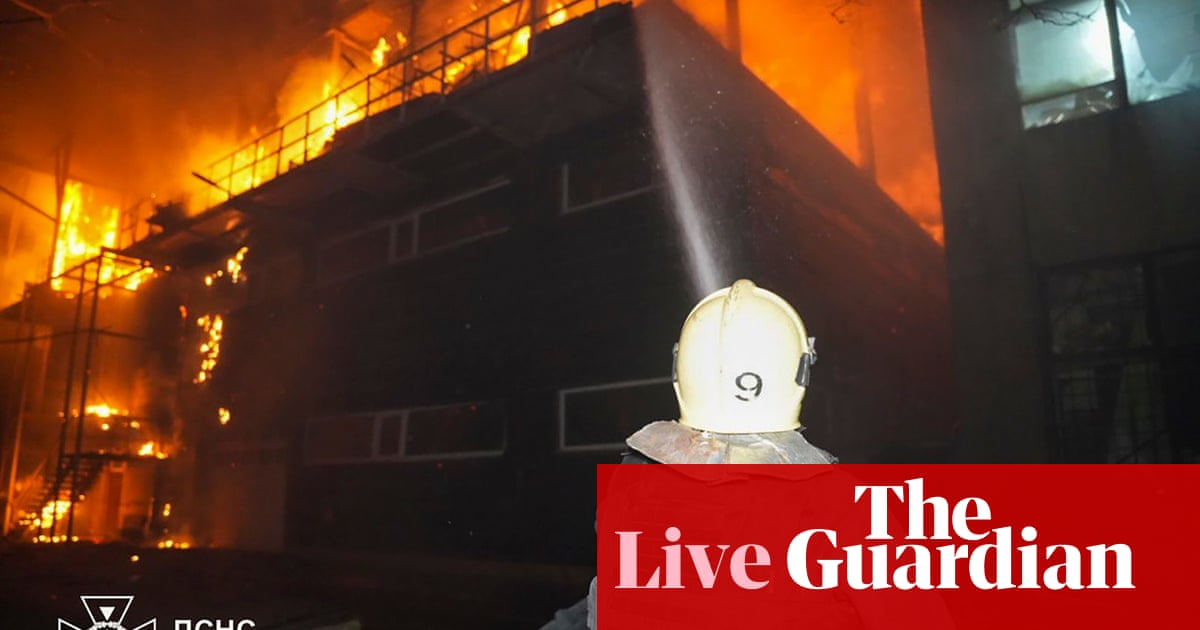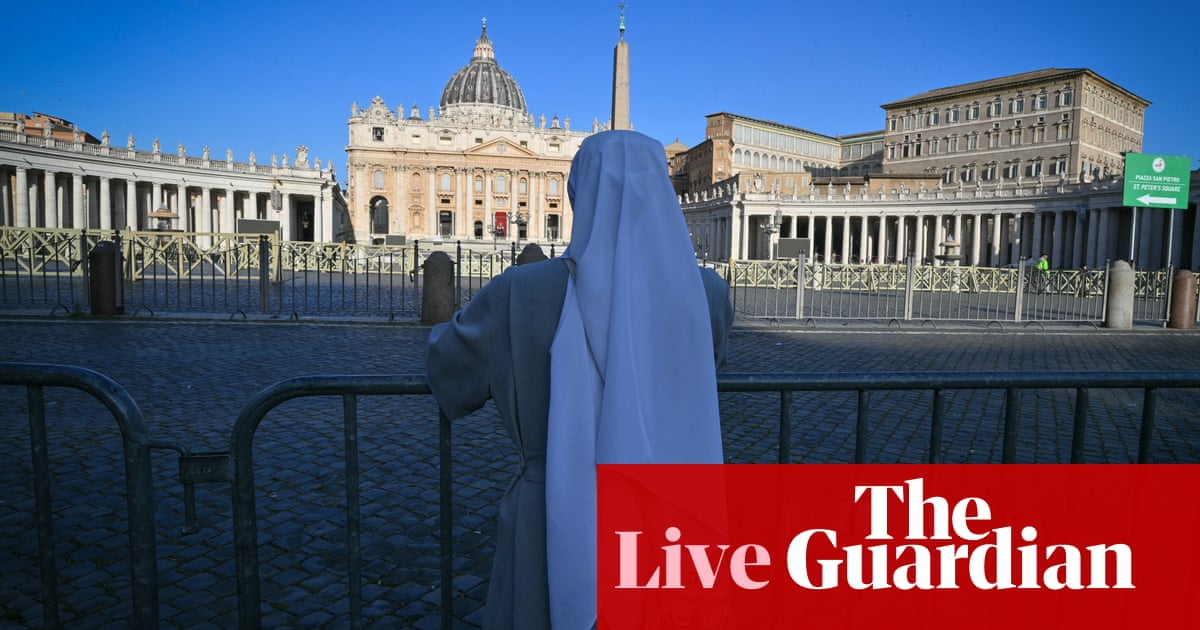An overhaul of laws on terrorism after the Southport murders will not expand the definition to take in disruptive but non-violent protest, Downing Street has said, as MPs and senior lawyers warned about potential risks to the plan.
Keir Starmer announced the review, to be led by Jonathan Hall KC, the independent reviewer of terrorism laws, after Axel Rudakubana pleaded guilty to stabbing to death Bebe King, six, Alice da Silva Aguiar, nine, and Elsie Dot Stancombe, seven, in July.
Rudakubana, who was referred three times to the Prevent anti-radicalisation programme from the age of 13, also pleaded guilty to possessing terrorist material and producing the toxin ricin, but the murders were not treated as terror killings.
Starmer said the law should be updated to take into account the increased prevalence of solitary attackers who plot mass killings but are not seemingly motivated by a political or religious ideology.
Some MPs have expressed worry that previous efforts to expand the remit of terror rules have ended up with consequences for civil liberties. But Downing Street said on Wednesday that the intention was to tackle “extreme violence clearly intended to terrorise”.
Asked if Hall’s review could look at wider examples, for example protests that are disruptive but peaceful, Starmer’s official spokesperson said the remit had yet to be fixed. But a No 10 source said such protests would not be considered.
After David Davis, the Tory former minister, warned about security worries being “the excuse for erosion of civil liberties”, the Greens also urged caution, with Siân Berry, the Brighton Pavilion MP, saying that while she welcomed the inquiry into the failings over Rudakubana, Starmer must “show due consideration” over any changes.
She said: “History tells us that there is a fine line to be balanced between keeping the public safe and upholding our civil liberties. Equally, there needs to be an open and honest conversation about the impact of underinvestment and understaffing as well. Without that, we risk just piling up more work on already overstretched staff.”
Separately, Ken Macdonald KC, the former director of public prosecutions, who set up the Crown Prosecution Service’s counter-terrorism division, warned about possible risks in expanding the current definition of terrorism as “crime that is politically motivated and all the more serious because it is ideological and directed at the state itself”.
He said: “Broadening this out to include anyone who intends their crime to ‘terrorise’, which could include many forms of violent conduct, would obviously risk bestowing some self-sense of perverted glamour on the sort of individuals who, without political or ideological motivation, contemplate such behaviour.
“So any new definition would have to be very carefully drawn to restrict itself to the most egregious cases, closely analogous in preparation and targeting to those presently considered ‘terrorist’. This will not be easy.”
Another concern is loading yet more responsibilities on to counter-terrorism policing and MI5, which are having to increasingly divert resources to the growth of state threats, from countries such as China, Russia and Iran, involving not just espionage but threats and attacks on dissidents.
after newsletter promotion
The Guardian understands that counter-terrorism policing is several hundred officers short of the number it should have and its leaders describe investigations as increasingly complex.
Lone attackers are difficult to detect, and the need to examine phones and laptops as part of the gathering of evidence, known as digital forensics, is time consuming.
In parallel to the review of terror laws, another senior lawyer, David Anderson KC, is to examine the work of Prevent, including whether Rudakubana’s lack of a particular ideology was a reason behind the lack of action.
However, Dr Jessie Blackbourn, an associate professor in public law and human rights at Durham University, who has researched counter-terrorism laws and policy, said there did not seem to be a reason why even under the current structure of Prevent, Rudakubana could not have been referred to the linked Channel programme, intended for children and young people at risk of being drawn into terrorism.
She noted the most recent annual statistics for Prevent referrals showed that the largest proportion of these, 36%, being in the category “vulnerability present but no ideology or counter-terrorism risk”. A small proportion of these cases were moved on to Channel.
It was, Blackbourn added, “not impossible that he could have been progressed through the Prevent process”.

.png) 2 months ago
26
2 months ago
26

